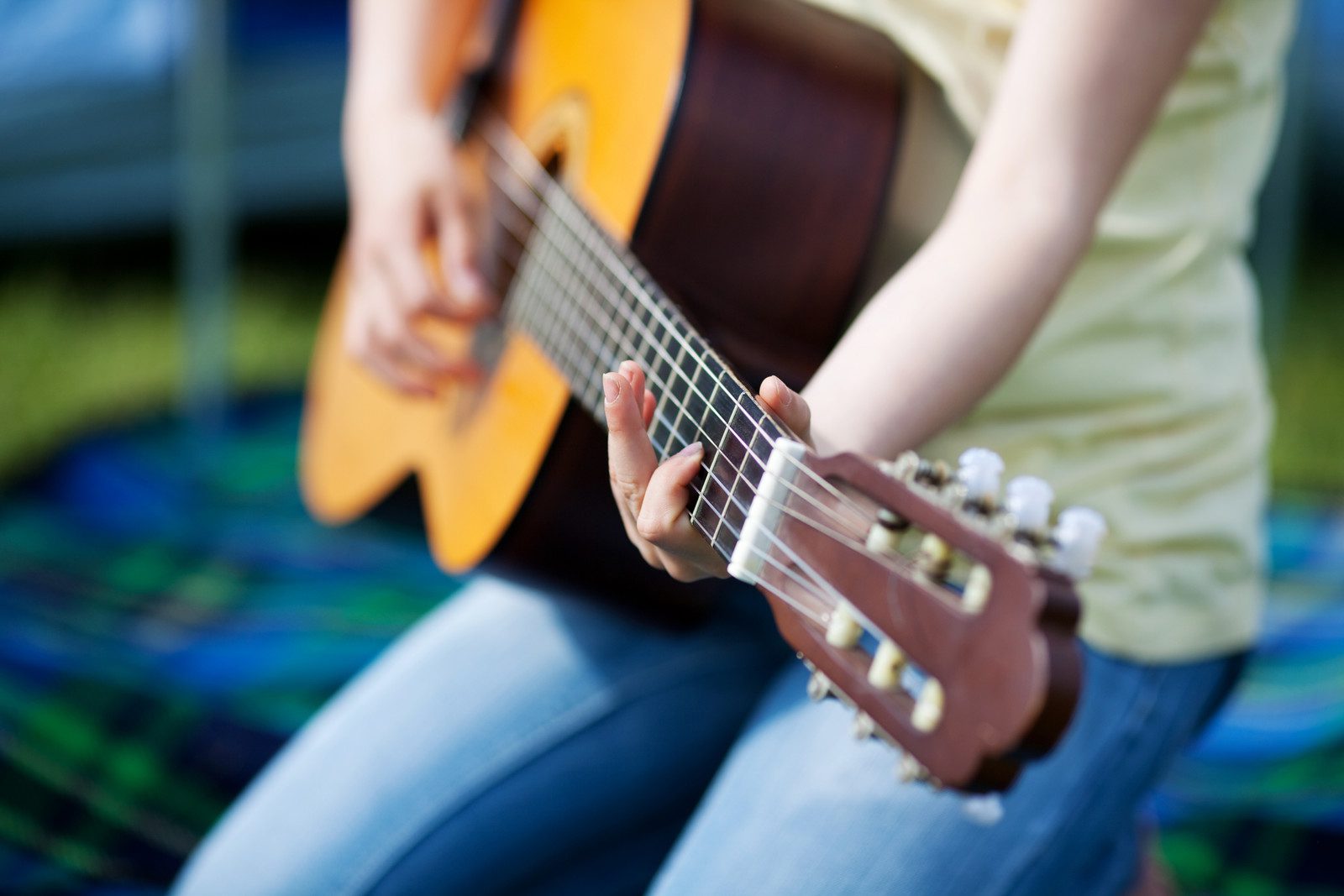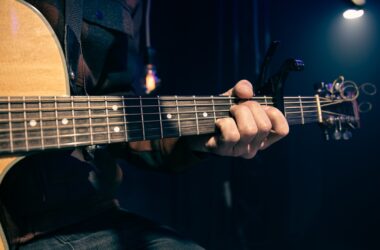Unveiling the profound impact of music on one’s life, this exploration delves into the transformative potential of engaging with music classes and the enriching experiences offered by a reputable music school.
Cognitive and Emotional Benefits of Music Classes
Engaging in music classes has been associated with a myriad of cognitive and emotional benefits. Scientific studies have shown that learning music enhances cognitive functions such as memory, attention, and problem-solving skills. Moreover, the emotional expression embedded in musicality contributes to improved emotional well-being, providing a holistic approach to personal development.
Skill Development and Discipline
Embarking on a musical journey through dedicated music classes fosters the development of various skills. From mastering an instrument to understanding music theory, learners acquire a unique set of skills that extends beyond the realm of music. Furthermore, the discipline required to practice regularly and refine one’s craft becomes a valuable life skill with applications in various aspects of daily life.
Social Connectivity through Music School
Joining a reputable music school introduces individuals to a vibrant community of like-minded enthusiasts. The collaborative nature of music encourages social connectivity, fostering friendships and a sense of belonging. Group classes, ensemble performances, and collaborative projects provide opportunities for individuals to share their passion for music, creating lasting connections.
Stress Reduction and Emotional Expression
Music has the power to alleviate stress and serve as a conduit for emotional expression. Learning an instrument or participating in vocal training through music classes offers individuals a creative outlet to channel their emotions. Playing or creating music can be a therapeutic experience, providing a healthy means of coping with life’s challenges.
Confidence Building and Self-Esteem
The journey of learning music contributes significantly to confidence building and the development of self-esteem. As individuals progress in their musical abilities, whether through mastering a challenging piece or performing in front of an audience, they experience a boost in confidence. This newfound self-assurance often transcends into other areas of life.
Lifelong Learning and Personal Growth
The pursuit of music is a journey of lifelong learning and personal growth. Regardless of age, individuals can continuously expand their musical repertoire, explore new genres, and refine their techniques. This constant pursuit of improvement fosters a mindset of lifelong learning, contributing to ongoing personal development.
Cultural Appreciation and Diversity
Engaging with music introduces individuals to a diverse array of musical styles and cultural influences. Through music classes and exposure to different genres, learners gain an appreciation for the rich tapestry of global musical traditions. This cultural awareness promotes open-mindedness and a broader understanding of the world.
Expression of Individuality and Creativity
Learning music is a powerful vehicle for the expression of individuality and creativity. Whether composing original pieces, improvising, or interpreting existing works, musicians infuse their unique personality into their music. This avenue for self-expression allows individuals to explore and celebrate their creativity.
In conclusion, the power of music extends far beyond the act of playing an instrument or singing. Engaging with music classes and being part of a reputable music school opens doors to a transformative journey that positively influences cognitive, emotional, and social aspects of life. Embrace the enriching power of music and witness the profound improvements it can bring to your life.






